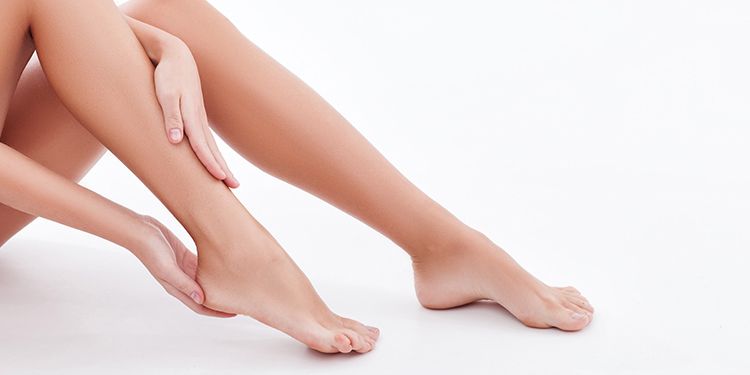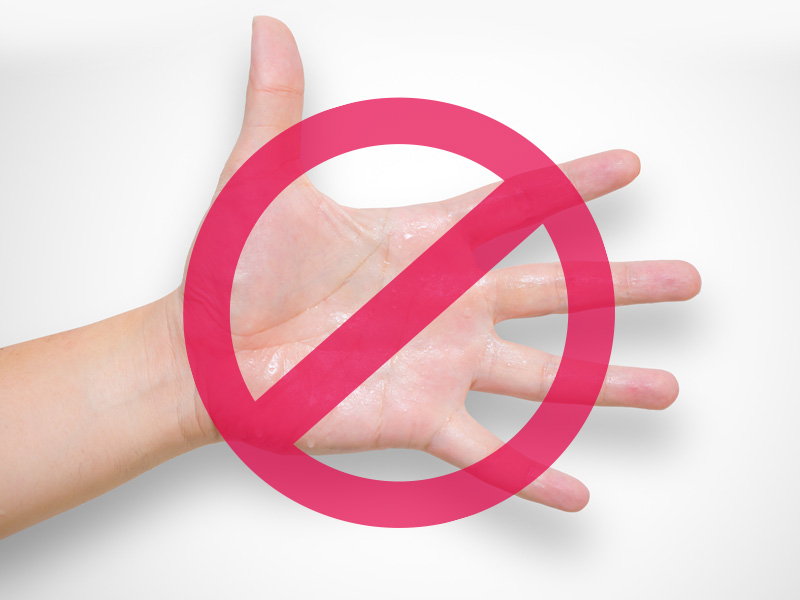Recognizing Excessive Sweating: Dermatology Insights on How to Stop Sweaty Hands
Recognizing Excessive Sweating: Dermatology Insights on How to Stop Sweaty Hands
Blog Article
Understanding the Origin of Excessive Sweating and Its Influence On Day-to-day Live
Too much sweating, additionally called hyperhidrosis, is a condition that impacts a substantial section of the population, yet its underlying causes and ramifications on daily operating remain somewhat enigmatic. While it is frequently recognized as a physiological action to manage body temperature, the triggers for extreme sweating can vary commonly among individuals, encompassing not only physical factors but psychological and additionally psychological aspects. The effect of this problem prolongs beyond plain discomfort, often affecting social communications and total high quality of life. By delving right into the origin of hyperhidrosis and discovering its diverse results, a deeper understanding of this pervasive problem can be gained, losing light on the complexities that people grappling with too much sweating navigate each day.
Physiology of Sweat Glands
The law of sweat production, an important physical process, is mainly regulated by the task of sweat glands distributed throughout the human body. Sweat glands are categorized into 2 primary types: eccrine and apocrine glands.
When the body temperature level climbs, either due to physical task, high temperature levels, or psychological stress, the nerves triggers the sweat glands to create sweat. This sweat is composed largely of water and electrolytes like sodium and chloride. The process of sweat manufacturing is crucial for preserving the body's inner temperature within a slim, optimum range, highlighting the critical role sweat glands play in human physiology.
Triggers for Excessive Sweating
In understanding the source of extreme sweating, it is vital to identify the triggers that can bring about this physiological reaction. Too much sweating, likewise called hyperhidrosis, can be prompted by different elements, both physiological and ecological. One usual trigger is emotional stress and anxiety or anxiety, which can promote the body's sweat glands to create more sweat than is essential for cooling. Physical effort, high temperatures, and spicy foods are additionally understood to trigger excessive sweating in individuals susceptible to this condition. Specific clinical conditions like hyperthyroidism, menopause, or diabetes mellitus can add to extreme sweating as well.
Moreover, medicines such as some antidepressants, opioids, and specific supplements can likewise work as triggers for hyperhidrosis. Recognizing these triggers is important in managing excessive sweating properly - How to stop sweaty hands. By recognizing and addressing the certain triggers that prompt excessive sweating in an individual, healthcare suppliers can develop personalized treatment plans to reduce this problem and improve the person's quality of life
Medical Conditions Associated
Connected with excessive sweating are different medical conditions that can aggravate this physiological action. One typical condition is hyperhidrosis, a problem characterized by abnormally raised sweating that exceeds the body's thermoregulatory requirements. This can manifest in focal locations like the palms, soles, underarms, or face, influencing a person's quality of life because of social humiliation and pain.
Furthermore, endocrine disorders such as hyperthyroidism, diabetes mellitus, and menopausal hot flashes can also lead to too much sweating. Hyperthyroidism triggers an overproduction of thyroid hormones, speeding up metabolism and activating sweating.
Furthermore, infections like endocarditis, hiv, and tuberculosis have actually been related to night sweats, a common signs and symptom understood to interfere with rest and impact general well-being. These medical problems highlight the varied variety of underlying elements that can add to extreme sweating, requiring comprehensive evaluation and monitoring by health care professionals.
Emotional and psychological Aspects

Impact on Social Communications
Extreme sweating can have extensive effects on a person's capability to engage conveniently in social communications. The visible signs of sweat stains or damp patches on garments can result in humiliation and self-consciousness, triggering people to withdraw from social situations. This withdrawal can influence relationships, limit social tasks, and prevent expert and personal growth.

Furthermore, the stress and anxiety and self-confidence concerns coming from excessive sweating can influence interaction and interpersonal skills. Individuals may battle to concentrate on conversations, join team activities, or express themselves with confidence. This can cause sensations of isolation and solitude, as social links end up being challenging to maintain.
Final Thought

While it is frequently understood as a physiological reaction to control body temperature level, the triggers for extreme sweating can differ extensively amongst individuals, including not just physical aspects but emotional and also psychological components. By diving into the root triggers of hyperhidrosis and discovering its complex effects, a deeper understanding of this pervasive issue can be gained, dropping light on the complexities that people grappling with extreme sweating browse on an everyday basis.
Physical effort, high temperatures, and spicy foods are also recognized to cause extreme sweating in individuals prone to this problem. By determining and attending to the particular triggers that motivate extreme sweating in a private, medical this page care service providers can develop tailored treatment strategies to ease this condition and enhance the person's high quality of life.
Excessive sweating can have profound results on an individual's capacity to engage pleasantly in social interactions.
Report this page